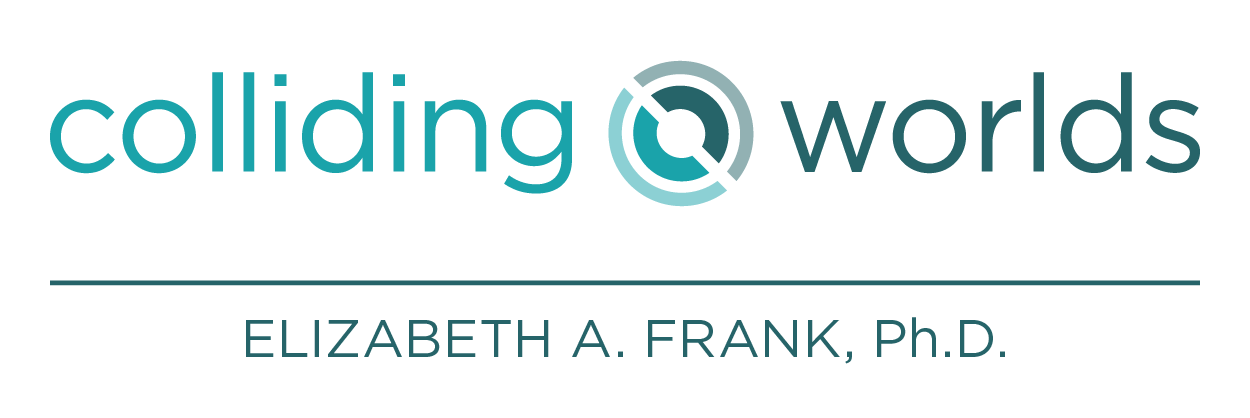Post-conference ruminating on non-traditional careers
Lunar & Planetary Institute
A couple weeks ago, at the 50th Lunar & Planetary Science Conference, I ran an event that I wish I had been able to attend as a grad student or postdoc: “Industry Career Paths for Planetary Scientists.” I knew that it would address an unmet need in the planetary science community regarding non-academic career options. However, I was surprised by how strongly it resonated with attendees—so much so that I believe I had previously underestimated the level of toxicity regarding nontraditional career paths even though I had experienced it firsthand.
The event was a panel discussion among 5 professionals (myself included) who started in planetary science and found themselves in a career path outside of the typical academia/research framework. After introductions and warm-up panel questions by the moderator (a friend), the remaining time was dedicated to audience Q&A.
The other panelists were awesome, eloquently sharing their experiences and encouraging attendees to not feel constrained by their academic training. There was no shortage of audience questions, many of which were related to the burgeoning commercial space sector. I didn’t plan for this to happen, but I ended up getting the last word during closing remarks. I left the audience with this thought:
Afterwards, I was swarmed by people (albeit a very polite swarm), and the conversations blend together. However, one comment that stood out to me was from a woman who shared that when I said leaving academia doesn’t make you a failure, she nearly started crying. Afterwards, one of the panelists told me an attendee approached her with a similar response that involved tears. I later received similarly effusive responses via Twitter and in person.
On one hand, I’m thrilled that the event struck a chord with attendees and that panelists were able to provide validation to those seeking it. However, I also found the response unsettling: the implicit judgement felt by those considering leaving academia is perhaps even more toxic than I had previously thought. I had the best case scenario in my industry job search: U.S. citizen, single, no dependents, family as a safety net. I can’t imagine the stress that those in more precarious circumstances might feel in comparison.
I invite the planetary science community—and those from other academic communities who see echoes of the same toxicity among their peers—to reflect on the following questions:
How is the message of “you’re a failure if you leave academia” being communicated implicitly and explicitly to students and early career scientists?
How are the economic realities of the academic job market different from 20, 30, 40 years ago?
Which demographics of our community are disproportionally effected by this mentality?
Despite all that, I feel optimistic about the tenor of the conversation changing. The struggles of the job search process are still seared in the minds of early career faculty—scientists my age who recently endured the academic job market. Many friends send their students my way to discuss career options because they remember their own job market struggles and don’t carry the same biases that perhaps their advisors did.


